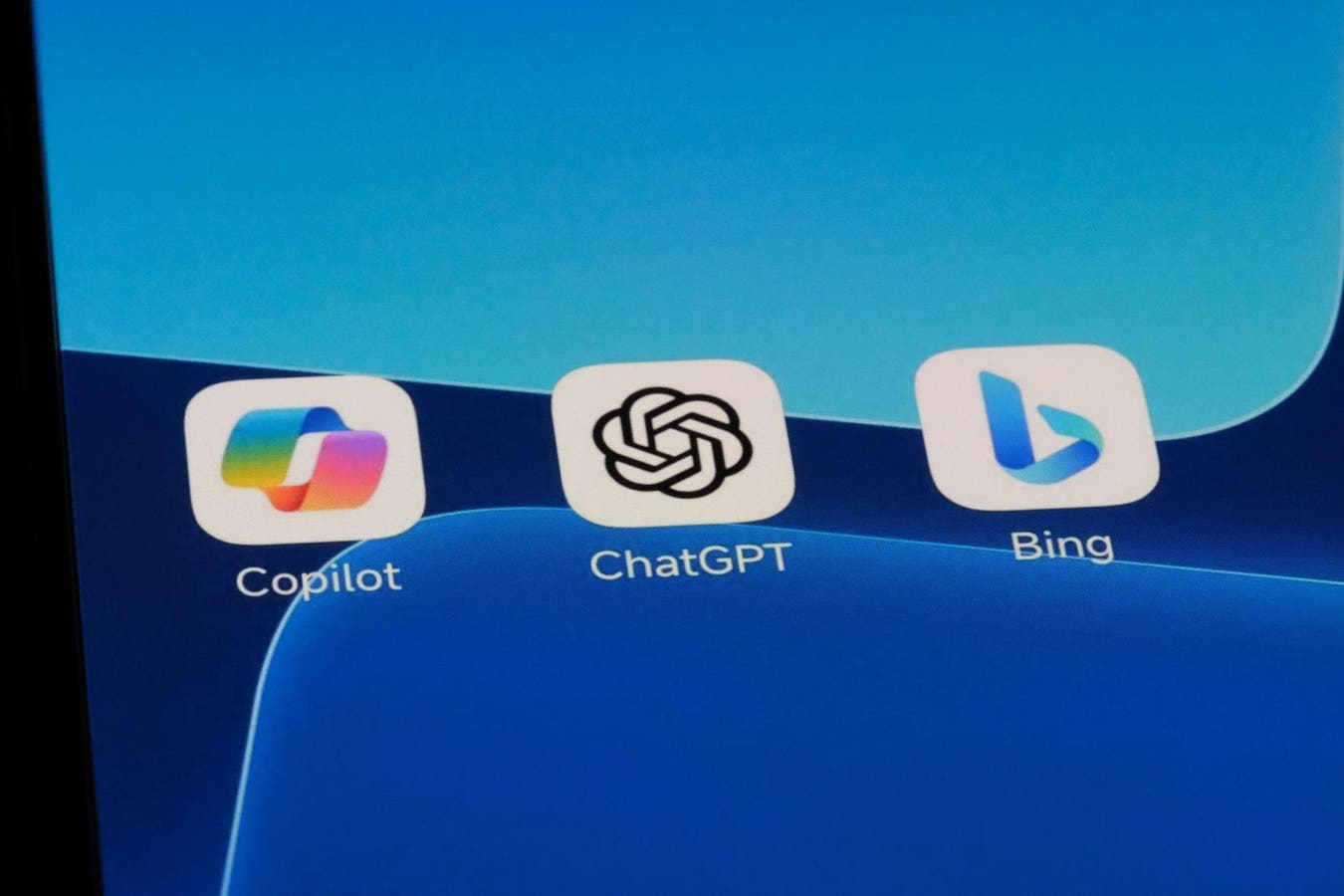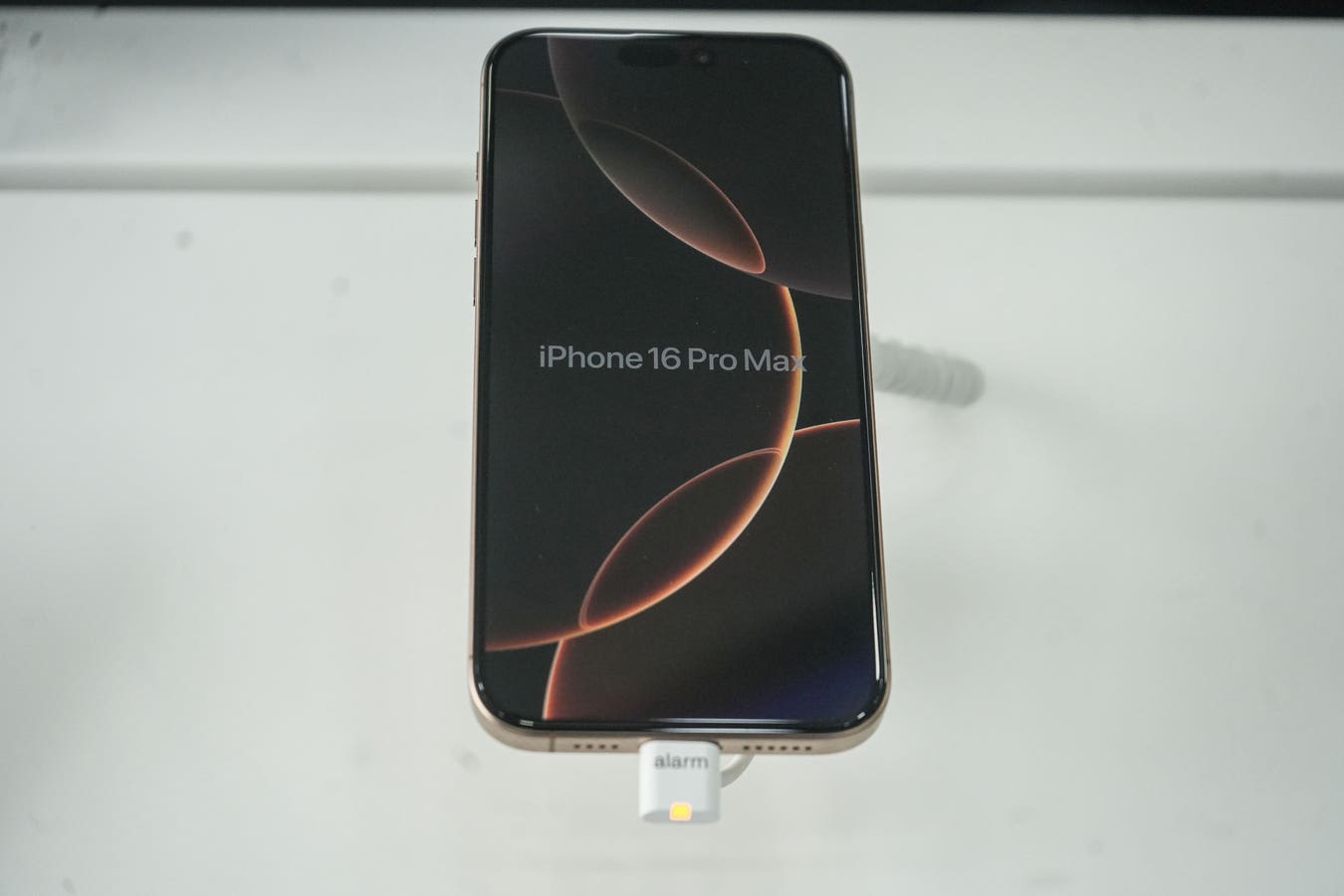SANTA MONICA, CALIFORNIA – JUNE 09: (L-R) Catherine Magee, Halle Berry, Christina Aguilera and … More
Throughout history, menopausal symptoms have been significantly underdiagnosed and underreported, leaving many women struggling to manage an often life-altering transition. In recent years, however, celebrities and influencers have embraced menopause advocacy in hopes of helping women better manage their symptoms and enhance their quality of life. This trend marks a new wave of changemakers: despite rising awareness and education, many women still lack access to adequate information and support.
Halle Berry On Advocating For Menopause Care
Respin Health, for instance, is a new venture launched earlier this year by Halle Berry, the Academy Award-winning actress and director. “What sparked it for me was realizing I was in perimenopause and feeling afraid and all alone,” said Berry. “I realized that I was suffering in silence, and I was sure millions of other women were also. I knew that with my platform, I had the opportunity to change that—to start conversations that need to be had and to bring menopause out of the shadows.”
Berry wishes a company like Respin had existed when she began her menopause journey. Through her own experiences and research, she decided to create Respin, an empowering community redefining menopause and longevity while breaking the stigma surrounding this long-overlooked aspect of women’s health. Her mission is clear—to help other women navigate their journey without feeling isolated.
“I know my responsibility is to use my voice and my platform to talk about the issues around menopause,” Berry added. “Through Respin Health, I wanted to create a safe community for women to share, learn, and empower themselves. That, along with state-of-the-art products for women, is exactly the kind of support I wish I had—products that are scientifically backed and created by experts. Those make all the difference.”
Her comments reflect a growing demand: women want to feel empowered to share their experiences without shame. Normalizing conversations around menopause is a powerful step toward breaking the silence and enabling women to embrace this natural transition.
Knowledge Is Critical When Navigating Menopause
Respin and other ventures in this space are working to reimagine menopause by speaking directly to women at various stages of the journey—those currently experiencing menopause, those approaching it (perimenopause), and those who want to prepare for what lies ahead. This transition affects not only women but also the people around them—partners, family members, coworkers, and friends.
“The most eye-opening thing for me was how much emotional and physical intimacy can change, and how it affects our confidence and therefore all of our relationships,” said Berry. “I want women to know that they won’t be alone on their menopause journey. By sharing their experiences and speaking openly, they will empower themselves and each other. I want them to know that their midlife years can be full of joy, excitement, and second acts.”
According to Berry, it all begins with education—understanding menopause and finding therapies, products, diets, and exercise plans that work.
Menopause Advocacy Starts With Equity
Much like puberty, menopause is an essential phase of life—a change that affects more than half the world’s population. In the U.S., research indicates that menopausal experiences vary significantly across racial and ethnic groups, particularly in the severity and duration of symptoms. A study published in the Western Journal of Nursing Research found that Hispanic women report hot flashes and night sweats more frequently than non-Hispanic white women. African American women also report more psychosomatic symptoms, such as mood and sleep disturbances. Asian women, by contrast, report the fewest symptoms overall. The data highlight significant ethnic differences in how menopause is experienced, and underscore the need for more inclusive, culturally sensitive care models.
Access to appropriate menopause care is also a big issue—and not only in the U.S. A 2024 preliminary study in the British Journal of General Practice found that approximately 75% of women seeking care for menopause symptoms felt they received inadequate or no support from primary care providers. Still, research on menopause across ethnic populations in the U.S. has notable gaps and limitations. More work is needed to understand the complexity of menopausal experiences among diverse communities. Importantly, each woman’s experience is unique—no single narrative can represent an entire group.
As companies like Respin redefine menopause, the conversation around equity becomes critical. Berry envisions her brand as a tool to ensure women have access to the resources and products they need to feel confident and supported. Unfortunately, equitable access to menopause care remains inconsistent—but innovators are stepping in.
FemTech Is Leading The Way In Menopause Care
One such example is Joylux, a FemTech company focused on supporting women through menopause with science-backed solutions.
“At Joylux, we are dedicated to supporting women through menopause with innovative solutions,” said Colette Courtion, founder and CEO. The company offers tools to address core menopausal challenges like hot flashes, decreased libido, and sleep disruption. “Our free Joylux Menopause App,” she explained, “is one of the top-rated menopause apps on the App Store. It allows women to track symptoms and access personalized insights. As part of our holistic approach to wellness, the app includes a specially designed hypnotic sleep audio session that promotes relaxation and better sleep during menopause.”
Courtion, a recognized FemTech entrepreneur, has tapped into a growing market that demands not only smart, evidence-based solutions but also a commitment to accessibility, representation, and equity in care.
A Collective and Proactive Approach To Menopause
With menopause finally having its moment—and hopefully, a lasting one—celebrities and influencers are leveraging their platforms to support women in transition. A recent private event in Santa Monica, CA, illustrated this shift.
SANTA MONICA, CALIFORNIA – JUNE 09: (L-R) Tamsen Fadal, Christina Aguilera, and Halle Berry are seen … More
Berry joined forces with Christina Aguilera, Grammy-winning singer and co-founder of Playground, a company focused on destigmatizing female sexuality and advancing open dialogue around intimacy and hormonal health. Together, they discussed the need for better communication, less stigma, and more scalable solutions. “Things that your mother might not have been comfortable sharing with you—and her mother before her—are now part of the conversation,” said Aguilera. “New generations of women want to know. It’s just not cool anymore to not be informed.” Aguilera’s comments echo Berry’s desire to see women navigating menopause well. “Helping women find solutions… science-backed information… going to Washington… raising money has been the greatest passion of my life so far,” explains Berry.
When you look beyond the celebrity or influencer label, a larger story emerges: women empowering women, supporting one another, and being seen. This shift—alongside informed tools, community, and advocacy—can provide critical support during the menopause transition.









